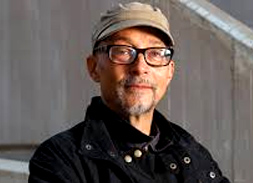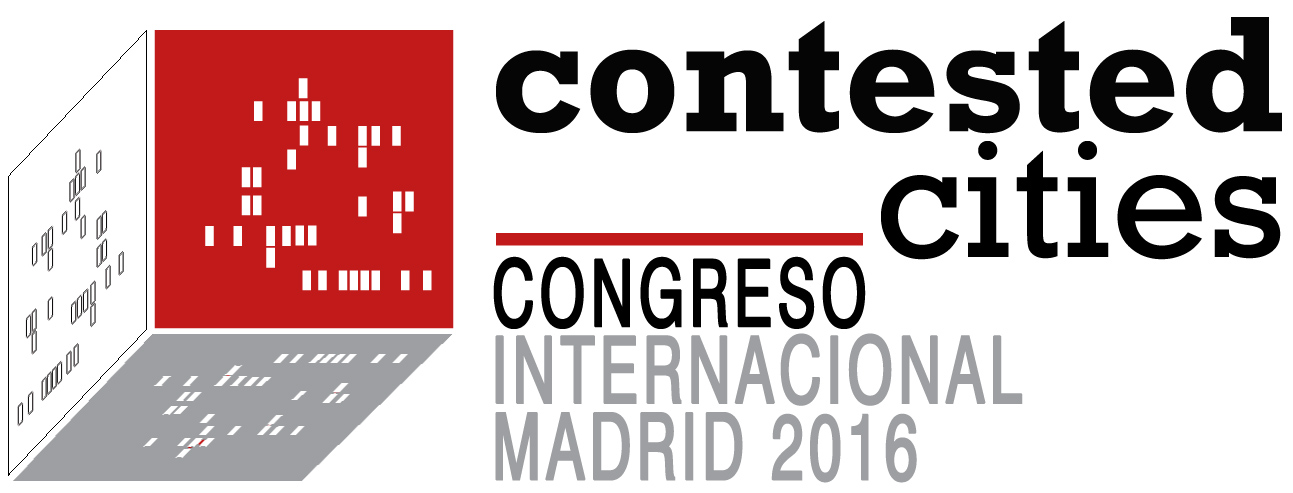
AbdouMaliq is an urbanist and research professor at the Max Planck Institute for the Study of Religious and Ethnic Diversity and visiting professor of sociology at Goldsmiths College, University of London, visiting professor at the African Centre for Cities, University of Cape Town, research associate with the Rujak Center for Urban Studies in Jakarta, and research fellow at the University of Tarumanagara. His contribution at the conference relates the way endless urbanization operates as a means for excess sociality, where value is generated from constant changing combinations. Intensification of control and hegemonic practices end up in the “intent” of urbanization, which is challenged by the majority´s practices and ethics.
Abstract:
Re-calling the majority: remaking popular urbanization in the midst of uncertainty
The efficacy of the hegemony of urban capital in the Global South partly rests with its capacity to appropriate and rescale the practices of auto-construction historically deployed by the majority of residents. Urbanization now operates as a means to give rise to the unanticipated, an excess of sociality, a purported abundance of opportunities for collaboration, the endless remaking of inhabitants, and the conversion of space into nodes of new synergies. Value and profit is generated not so much from making things, but putting things into all kinds of recombinant connections, constantly changing what any particular thing might mean, might count for, be used for at any particular time. Intensifying and extending this process becomes the intent of urbanization. Yet as the proliferation of technical systems needed to exert control over this process engender greater uncertainty, keeping cities “together” reiterate the importance of the majority’s practices and ethics, albeit in updated and perhaps unrecognizable forms.
